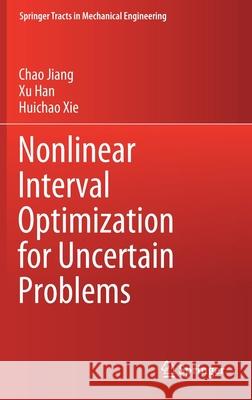Nonlinear Interval Optimization for Uncertain Problems » książka
topmenu
Nonlinear Interval Optimization for Uncertain Problems
ISBN-13: 9789811585456 / Angielski / Twarda / 2020 / 284 str.
Nonlinear Interval Optimization for Uncertain Problems
ISBN-13: 9789811585456 / Angielski / Twarda / 2020 / 284 str.
cena 563,56
(netto: 536,72 VAT: 5%)
Najniższa cena z 30 dni: 539,74
(netto: 536,72 VAT: 5%)
Najniższa cena z 30 dni: 539,74
Termin realizacji zamówienia:
ok. 16-18 dni roboczych.
ok. 16-18 dni roboczych.
Darmowa dostawa!
Kategorie:
Kategorie BISAC:
Wydawca:
Springer
Seria wydawnicza:
Język:
Angielski
ISBN-13:
9789811585456
Rok wydania:
2020
Wydanie:
2021
Numer serii:
000466008
Ilość stron:
284
Waga:
0.59 kg
Wymiary:
23.39 x 15.6 x 1.75
Oprawa:
Twarda
Wolumenów:
01
Dodatkowe informacje:
Wydanie ilustrowane











